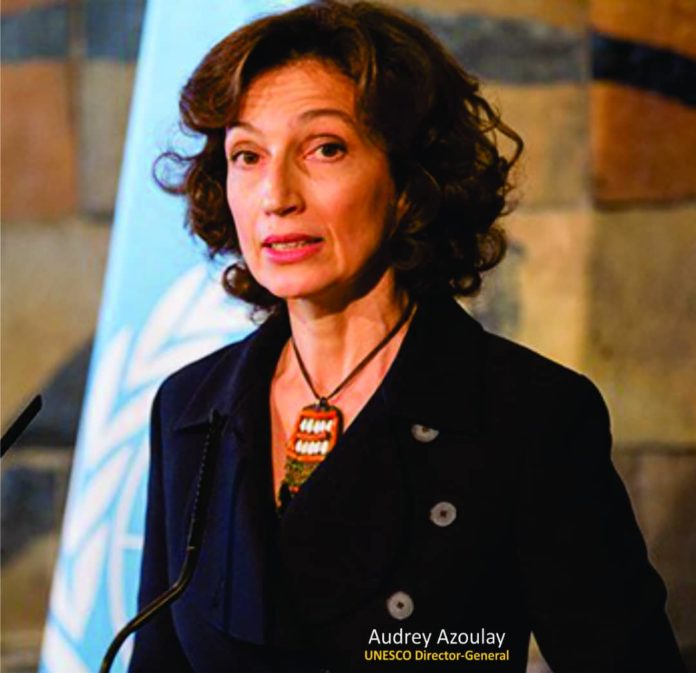The International Literacy Day is marked on 8th September yearly. It is a day set aside by the United Nations Educational, Scientific and Cultural Organisation (UNESCO) to remind the international community of the importance of literacy for individuals, communities and societies, and the need to intensify efforts towards more literate societies.
However, despite the importance of literacy to the social-economic development of any nation, literacy is still a challenge in many African countries. Although progress has been made over the years to overcome illiteracy, adult literacy is still elusive. According to the UNESCO report, sub-Saharan Africa has one of the lowest adult literacy rates in the world with a 61 per cent average literacy rate.
The international body defines literacy as the ability to identify, understand, interpret, create, communicate, and compute using printed, written, and visual materials associated with varying contexts. The International Literacy Association (ILA) further clarifies the UNESCO definition of literacy by adding more meaning to the media of literacy as visual, audible, and digital materials across disciplines and in any context. Its report revealed that 1.4 billion people around the world lacked basic literacy skills with sub-Saharan Africa, South and West Asia having the worst illiteracy problems.
The current global literacy rate for all people aged 15 and above is 86.48 per cent with sub-Saharan Africa trailing other continents with 65.47 per cent. These figures indicate that 27 per cent of all illiterate adults in the world reside in sub-Saharan Africa and 9 per cent in North Africa. UNESCO further submits that too many schools in sub-Saharan Africa lacked the basic elements of good quality education, trained teachers and adequate facilities and the situation is extreme at the primary and lower secondary levels. Less than half of these schools have access to computers, internet, electricity and drinkable water.
The cost of illiteracy is far-reaching as it limits the people in developing countries and inner cities. It deprives people of opportunities for innovation and dampens the economic potential of hundreds of millions. Sub-Saharan Africa seems to be moving at a snail pace that is inconsistent with the Sustainable Development Goals (SDG4). SDG 4 aims to provide children and young people with quality and easily accessible education plus other learning opportunities. Indeed, one of its targets is to achieve universal literacy and numeracy by 2030.
A major component in acquiring knowledge and valuable skills in the learning environment, hence, the urgent need to build more educational facilities and also upgrade the present ones to provide safe, inclusive and effective learning environments for all.
The prevalence of extreme poverty, communal conflicts, and other factors caused by illiteracy has significantly reduced the progress in sub-Saharan Africa.
Also, the inability to make informed decisions, understand government policies, exercise franchise during elections, use computers or smartphones to read the news could gravely affect the business opportunities and employability of youths considering the impact of literacy on technological awareness in the world. Lack of income represents one aspect of the economic cost of illiteracy. The opportunity cost of lost wealth creation is an additional issue that is connected to illiteracy.
Failure to keep up with the right pace in addressing this important aspect of life could pose a great danger to the countries in the continent of Africa.
Similarly, criminal activities in form of terrorism and the likes are significantly linked to illiteracy because the youths who mostly take to crime lack adequate knowledge about the essence of life and what criminality can cause for them.
There is therefore a need for sub-Saharan Africa to review its strategy in the area of education and literacy at all levels to move at a good pace that ensures the sustainable development goals are achieved.
YOU SHOULD NOT MISS THESE HEADLINES FROM RULERS’ WORLD
“We had some really good, quality time there,” Jeff Bezos said of traveling outside of Earth with his brother Mark. Sub-Sahara Africa’s snail speed towards literacy Sub-Sahara Africa’s snail speed towards literacy Sub-Sahara Africa’s snail speed towards literacy Sub-Sahara Africa’s snail speed towards literacy.
